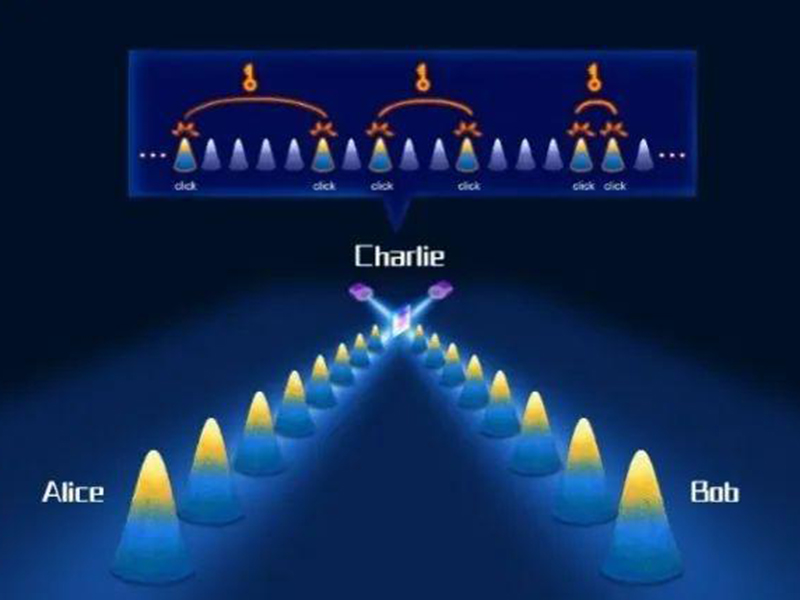
Quantum key distribution (QKD) is a secure communication method which implements a cryptographic protocol involving components of quantum mechanics.It enables two parties to produce a shared random secret key known only to them, which can then be used to encrypt and decrypt messages. It is often incorrectly called quantum cryptography, as it is the best-known example of a quantum cryptographic task.
While commercially available for many years, progress continues on making these systems more compact, cheaper, and capable of operating over longer distances. These are all critical for the uptake of these technologies by governments and industry. The integration of these QKD systems into the existing network infrastructure is the current challenge and multidisciplinary teams of telecommunication equipment manufacturers, critical infrastructure providers, network operators, QKD equipment providers, digital security professionals and scientists, are working on this.
QKD provides a way of distributing and sharing secret keys that are necessary for cryptographic protocols. The importance here is in ensuring that they remain private, i.e. between the communicating parties. To do this, we rely on the what was once seen as the problem of quantum systems; if you “look” at them, or disturb them in any way, you “break” the quantum characteristics.





